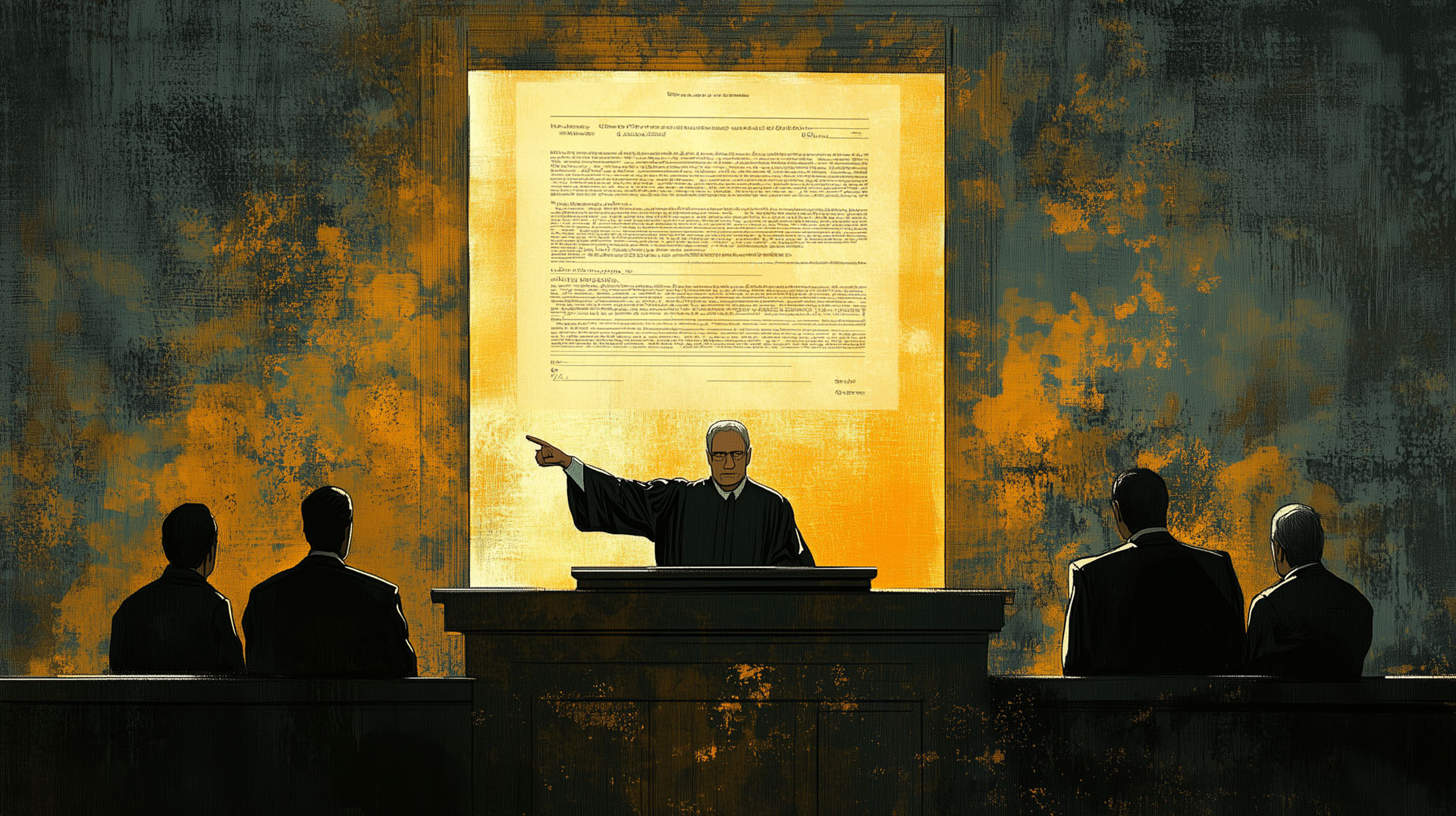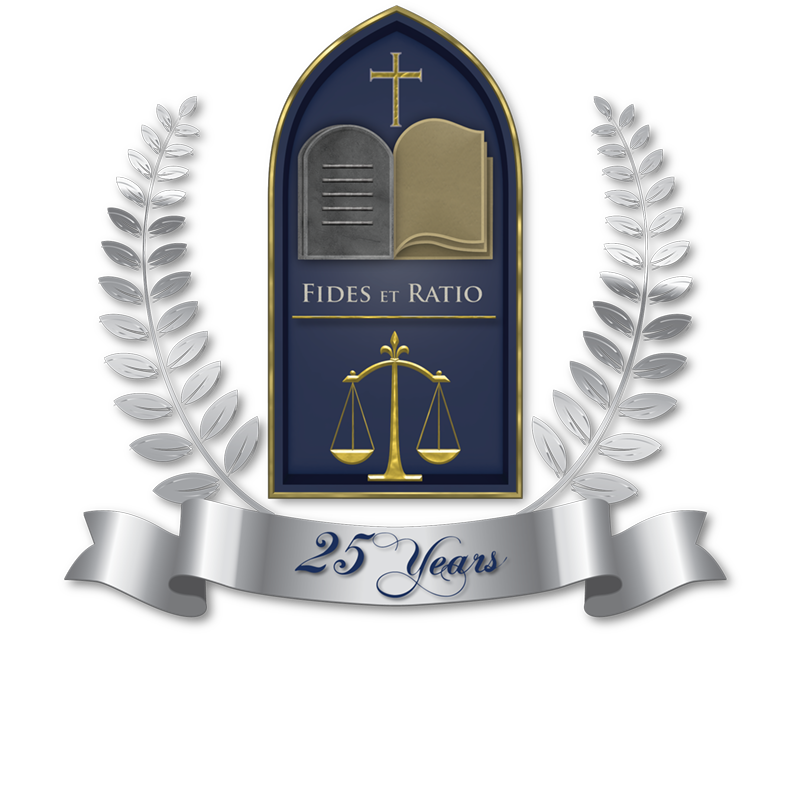“Order In the Court” -
Is order being taken too far?

By Victoria Kelly,
The Gavel, Contributor
J.D. Candidate, Class of 2025
Artificial Intelligence, also known as “AI,” is an emerging technological field that combines computer science and datasets to enable problem-solving solutions. AI has become relevant in almost every aspect of life, including the legal community. Occupations within the legal industry have been, and will continue to be, affected by the advancement of AI.
Judges can implement their own rules within the court called “standing orders.” Standing orders are instructions implemented by judges that are enforceable by law, as judges are seen as the “gatekeepers” of the courts. Recently, following the advancement of AI in the legal industry, judges have implemented their own standing orders regarding AI, and some orders in particular demand the disclosure of the use of AI in court.
In March of 2023, two attorneys filed a brief written in part by AI that mistakenly included cases that did not actually exist.1 Sanctions were imposed on the Respondents by the court to punish and deter the repetition of this conduct.2 This case, Avianca, has become rather “infamous” regarding attorneys relying on AI to write legal documents. It is unclear whether this will be the last sanction imposed by courts for the reliance of AI in legal writing by attorneys.
In 2023, judges all over the country imposed standing orders demanding the disclosure of the use of AI in their perspective court. There are two in particular: one implemented by the Honorable Michael M. Baylson out of the United States District Court for the Eastern District of Pennsylvania, and one implemented by the Honorable Stephen Alexander Vaden out of the United States Court of International Trade.3
Under Judge Michael M. Baylson’s order, dated June 6, 2023, any attorney that “has used Artificial Intelligence (“AI”) in the preparation of any complaint, answer, motion, brief, or other paper filed with the Court and assigned to Judge Michael M. Baylson, [they] MUST, in a clear and plain factual statement, disclose that AI has been used in any way in the preparation of the filing and CERTIFY that each and every citation to the law, or the record in the paper, has been verified as accurate.”4
Under Judge Stephen Alexander Vaden’s order, dated June 8, 2023, it is “ORDERED that any submission in a case assigned to Judge Vaden that contains text drafted with the assistance of a generative artificial intelligence program on the basis of natural language prompts, including but not limited to ChatGPT and Google Bard, must be accompanied by:
(1) A disclosure notice that identifies the program used and the specific portions of text that have been so drafted;
(2) A certification that the use of such program has not resulted in the disclosure of any confidential or business proprietary information to any unauthorized party; and it is further.”5
Although standing orders have been regularly permissible within the courts, the admittance of AI use through these orders need not become an overreach of judge authority. The overarching question here is: “what exactly is AI?” This is a blurred line. Many things can constitute as artificial intelligence, some most obviously as a “chat bot” that will sputter out an answer seconds after being asked a question. However, some uses of AI may not be so obvious.
AI has been built into many programs that are used regularly by the average attorney, including Microsoft Word, Westlaw, and Lexis Nexis. In August of 2023, Thomson Reuters Corporation, the parent company of WestLaw, announced the closing of acquisition with Casetext, Inc.6 Casetext uses advanced AI to build technology for legal professionals.7 The acquisition of Casetext allows Thomas Reuters to further implement the advanced productivity offered by AI to those in the legal profession.8 Thomas Reuters is just one of the thousands of legal departments that have acquired Casetext’s AI and machine learning.9
Although innovative on its face, these advancements complicate the use of AI in legal writing. Almost every future or practicing attorney has used WestLaw or a similar case law search engine for legal writing. There is a possibility that AI has become so embedded within these legal research engines that it will be virtually impossible to preclude or disclose the use of it. The judges believe a line must be drawn; however, it seems unclear where exactly the line is.
References:
1 Mata v. Avianca, Inc., 208 F.3d 1272 (Ny. 2023).
2 Id.
3 Judge Brantley Starr, Order (N.D. Tex. May 30 2023).
4 Id.
5 Judge Alexander Vanden, Order (Ct. Int’l Trade. June 8 2023).
6 Green, Andrew. “Thomson Reuters Completes Acquisition of Casetext, Inc..A.” Thomson Reuters Completes Acquisition of Casetext, Inc. | Thomson Reuters
7 Id.
9 Id.
10 Id.




